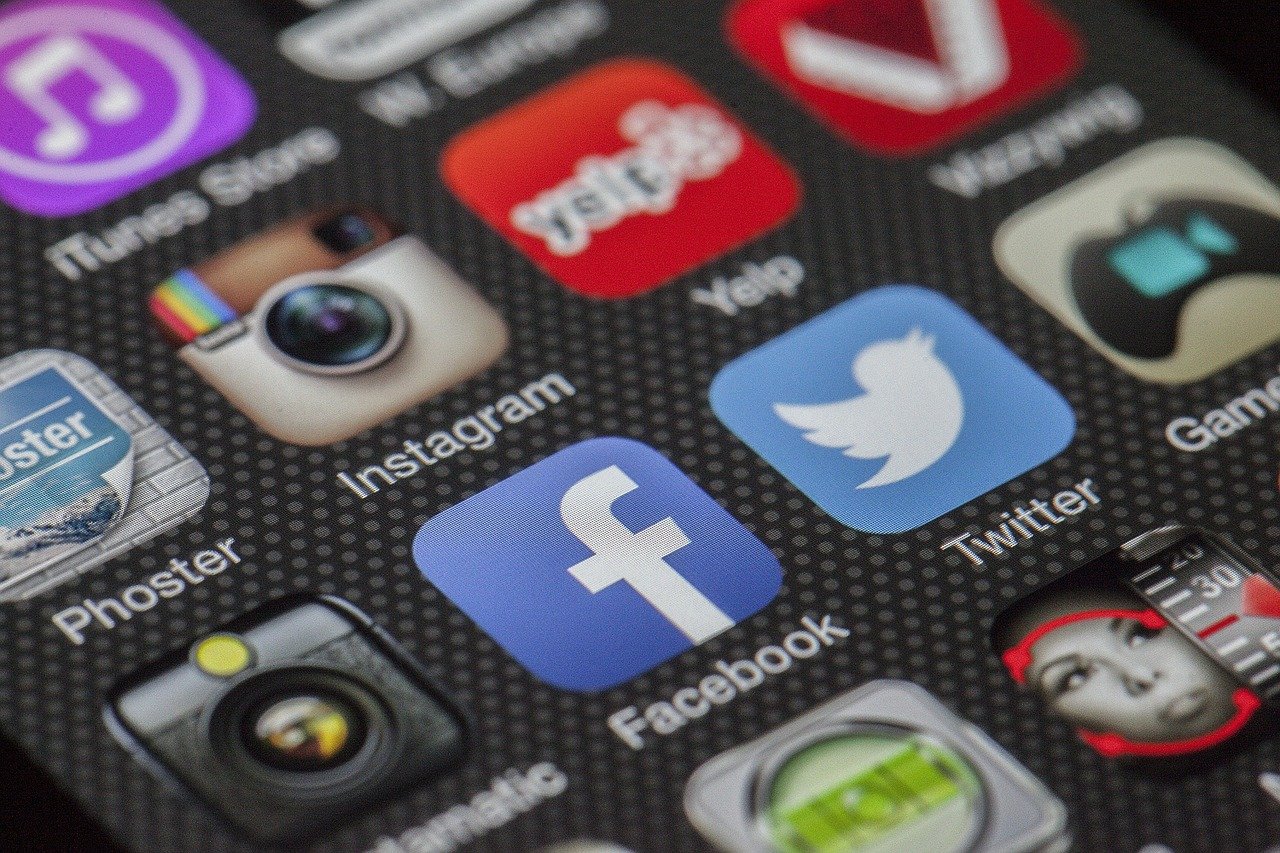The International Journalism Festival weekly round-up. Stay up to date by subscribing to our Newsletter or by following our Telegram channel, and join the conversation on Facebook, Twitter and Instagram.
Not easy, not unreasonable, not censorship: the decision to ban Trump from Twitter. All of this has kicked off a whole new storm from across the political spectrum. You have Trump supporters who are furious and (falsely) claiming that this is “censorship” or unprecedented and heavy handed (it is none of those things). Then you have Trump haters who are screaming about how this is all way too late and is trying to close the barn door after the horses have long since bolted. I think neither argument is accurate.
FAQS on free speech and the Capitol Hill insurrection. The lawless insurrection on Capitol Hill raised a series of questions about free speech, the First Amendment, and protest rights. Should presidents be banned from Twitter and Facebook? Should tech companies refuse to host social networks sites like Parler? What defines “hate speech” and “incitement”? PEN America offers a guide to these thorny issues.
Hong Kong police order media outlets to surrender information on pro-democracy candidates. Four court orders were served to local news organizations, requiring them to surrender internal materials relating to candidates who had run in July 2020 primary elections held by pro-democracy activists and lawmakers.
The impact of COVID-19 on journalism in emerging economies and the Global South. COVID-19 is a generation-defining global crisis. But how does it affect those upon whom we depend for critical, balanced and accurate information? Understanding the real issues is a step towards strengthening an independent and thriving media – and safeguarding its future in a post-COVID era.
Industrialized disinformation: 2020 global inventory of organized social media manipulation. The manipulation of public opinion over social media remains a critical threat to democracy. Over the past four years, the Oxford Internet Institute has monitored the global organization of social media manipulation by governments and political parties, and the various private companies and other organizations they work with to spread disinformation. Its 2020 report highlights the recent trends of computational propaganda across 81 countries and the evolving tools, capacities, strategies, and resources used to manipulate public opinion around the globe.
‘It was just a free-for-all’: my day photographing the Capitol attack. I had gone to take pictures of the joint session of Congress. I had no idea what was coming our way.
Deplatforming our way to the alt-tech ecosystem. What happens when you exile users and communities? The alt-tech space may be poised to develop into a significant and influential part of the media ecosystem, especially if Trump is forced into it. Research from Harvard has shown the unique reach and power of Trump’s social media presence, and though it will inevitably be diminished as he leaves office, his sizable influence would likely significantly accelerate the development of the alt-tech space.
Four years ago, I wondered if the media could handle Trump. Now we know. One way or another, Donald Trump will soon be gone from the White House. And that, to quote Prince Hamlet, is “a consummation devoutly to be wished.” As the remaining moments dwindle, I find myself thinking back to Nov. 8, 2016.
Disinformation, hate speech, terrorist propaganda; how to regulate the Internet without killing it. A 2019 International Journalism Festival interview of David Kaye, the (then) United Nations Special Rapporteur on the Promotion and Protection of the Right to Freedom of Opinion and Expression, and author of the (then forthcoming) book Speech Police. The Global Struggle to Govern the Internet.
Are we entering a new era of social media regulation? The violence at the U.S. Capitol — and the ensuing actions taken by social media platforms — suggest that we may be at a turning point as far as how business leaders and government bodies approach social media regulation. But what exactly will this look like, and how will platforms balance supporting free speech with getting a handle on the rampant misinformation, conspiracy theories, and promotion of fringe, extremist content that contributed so significantly to last week’s riots?
Image by Thomas Ulrich from Pixabay


